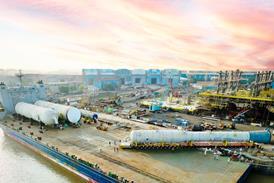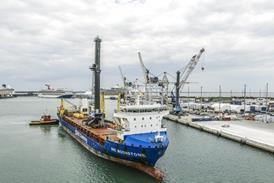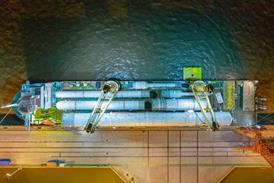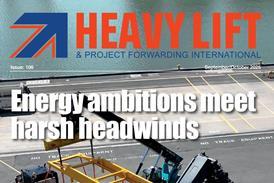A study from the UK’s University of Portsmouth has called for stronger regulations to be put in place to prevent freeports being misused for money laundering and tax evasion purposes.
Eight freeports in England are due to enter operation in late 2021, as HLPFI has reported here. It is hoped these will drive investment, economic opportunities and growth to these regions.
However, the University of Portsmouth’s study – published in the Journal of Money Laundering Control – warns that freeports can be used for money laundering and tax evasion purposes because of a lack of transparency.
Paul Gilmour, report lead author from the University’s Institute of Criminal Justice Studies, said: “The growth in freeports may have originally evolved from a desire to stimulate global investment by deregulating financial markets. However, there is an argument that permanent storage spaces within freeports only act to stifle capital mobility.”
The research found that in some existing freeports, they are often used as tactical depots, intended as spaces to temporarily house valuable assets such as artwork and antiques. Researchers say that, for example, many art dealers now commonly exploit the beneficial goods-in-transit position of freeports to house assets on a more permanent basis.
This means that as long as the good remain within the freeports storage facility, those dealers are unaccountable for duties, which would normally be applied upon export.
“There is also evidence that these zones enable trade-based money laundering by the falsifying of trade invoices to deceive authorities,” Gilmour added. “The many international transactions occurring through freeports, coupled with a lack of regulatory supervision, poses notable challenges for government officials.”
The study suggests that banks that facilitate numerous international trade transactions need to be more alert to illicit trading and should be responsible for carrying out proper due diligence to curb illegal activity through these zones.
Nonetheless, Gilmour said, freeports do provide innovative trading advantages to enable businesses to thrive in today’s competitive global market.











